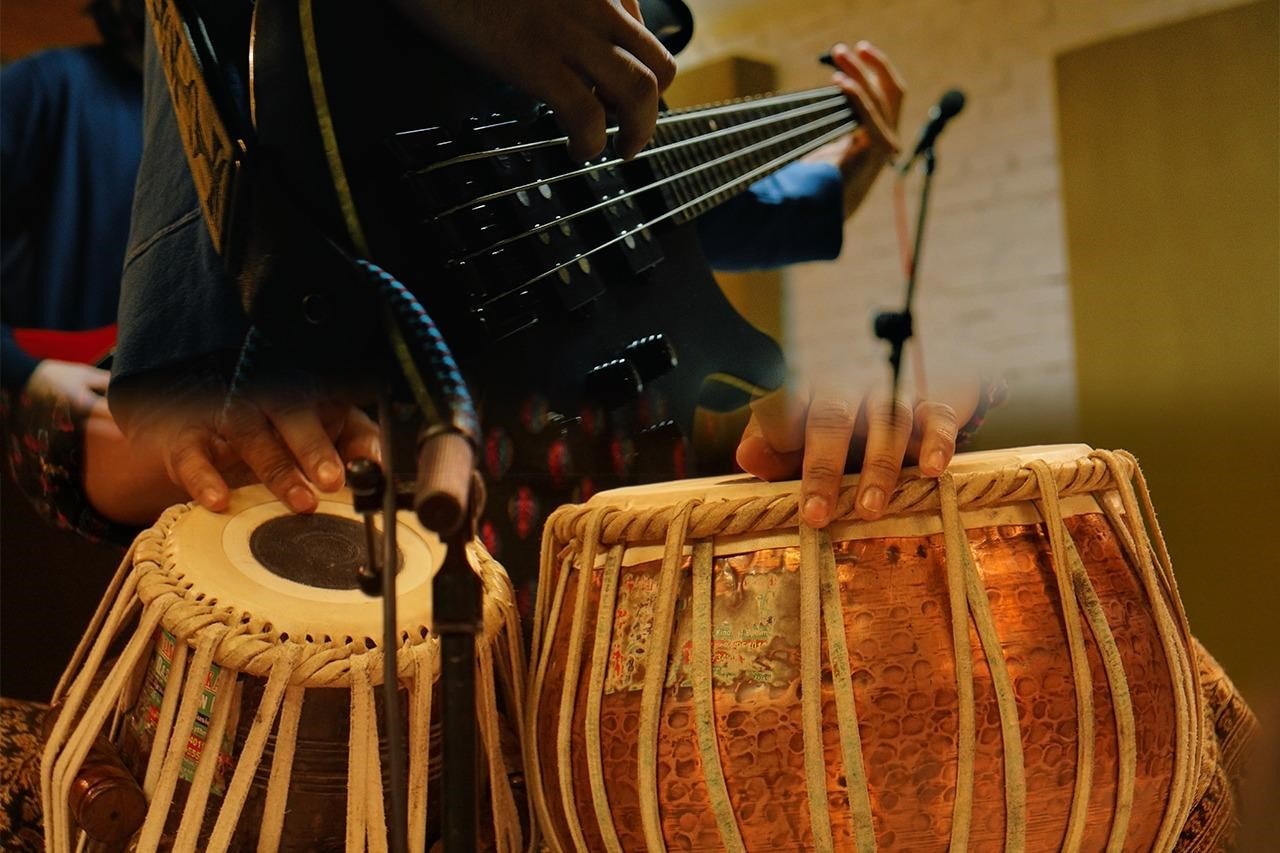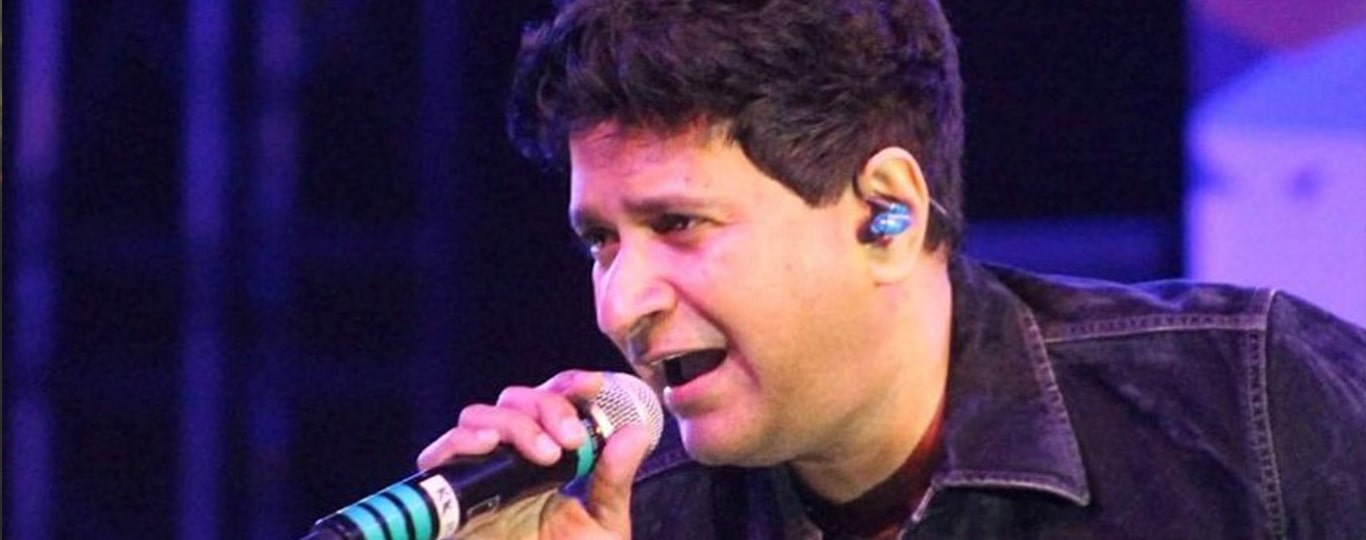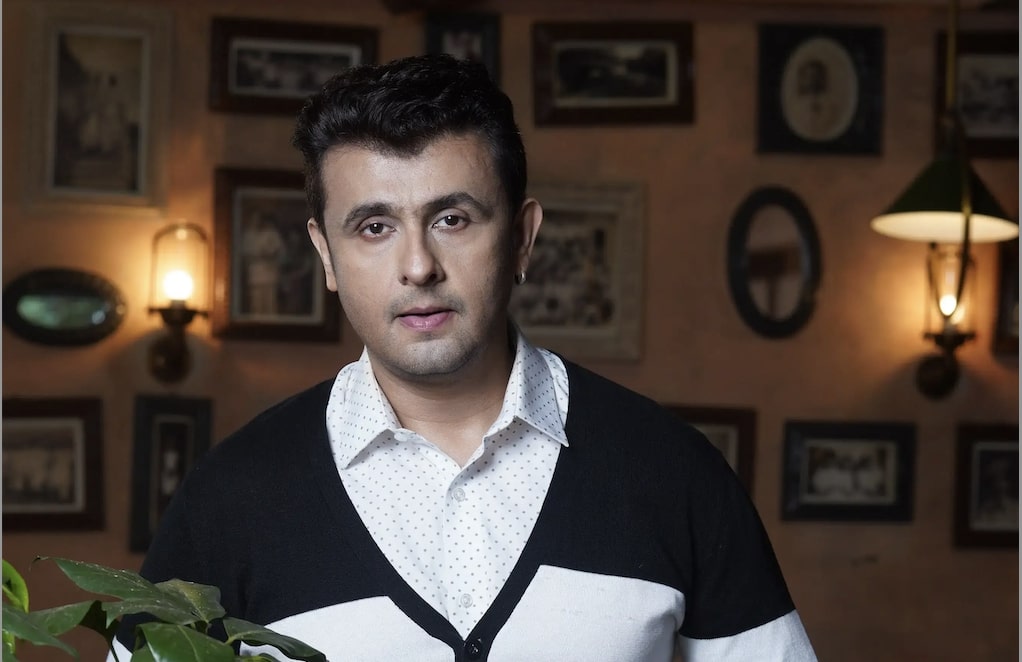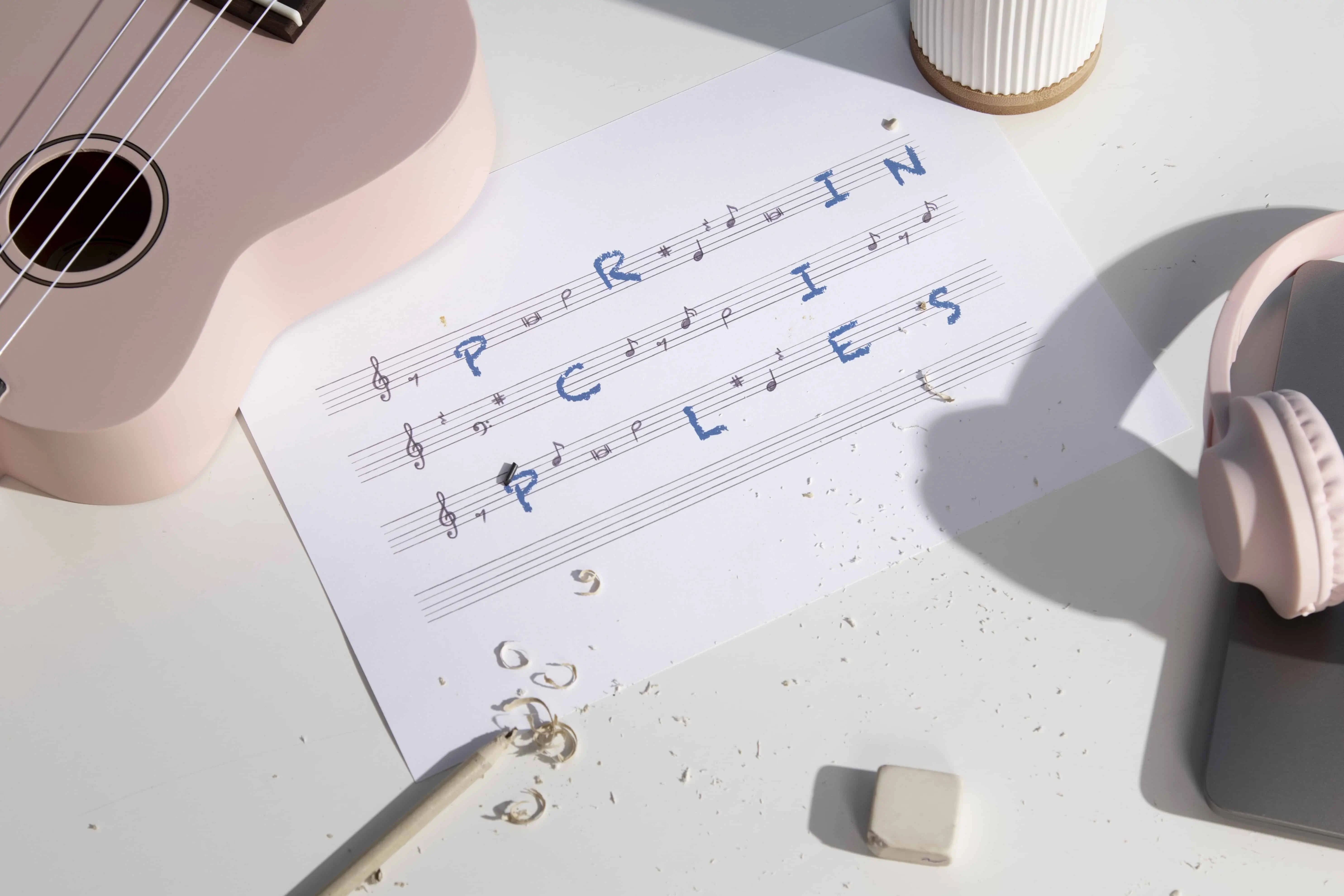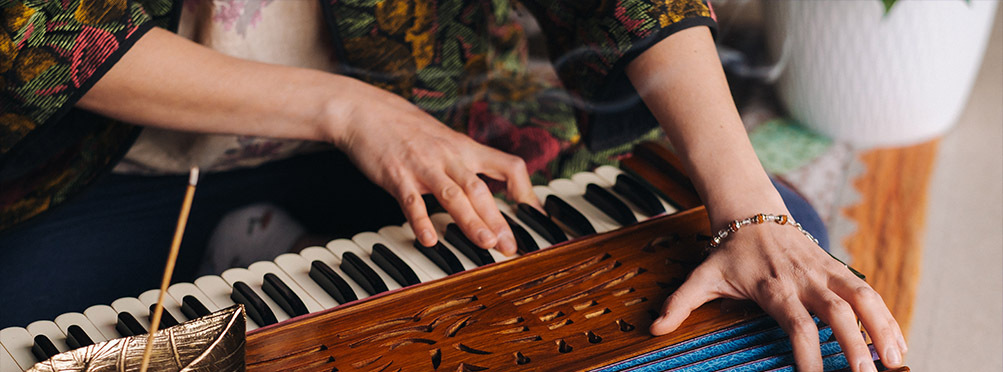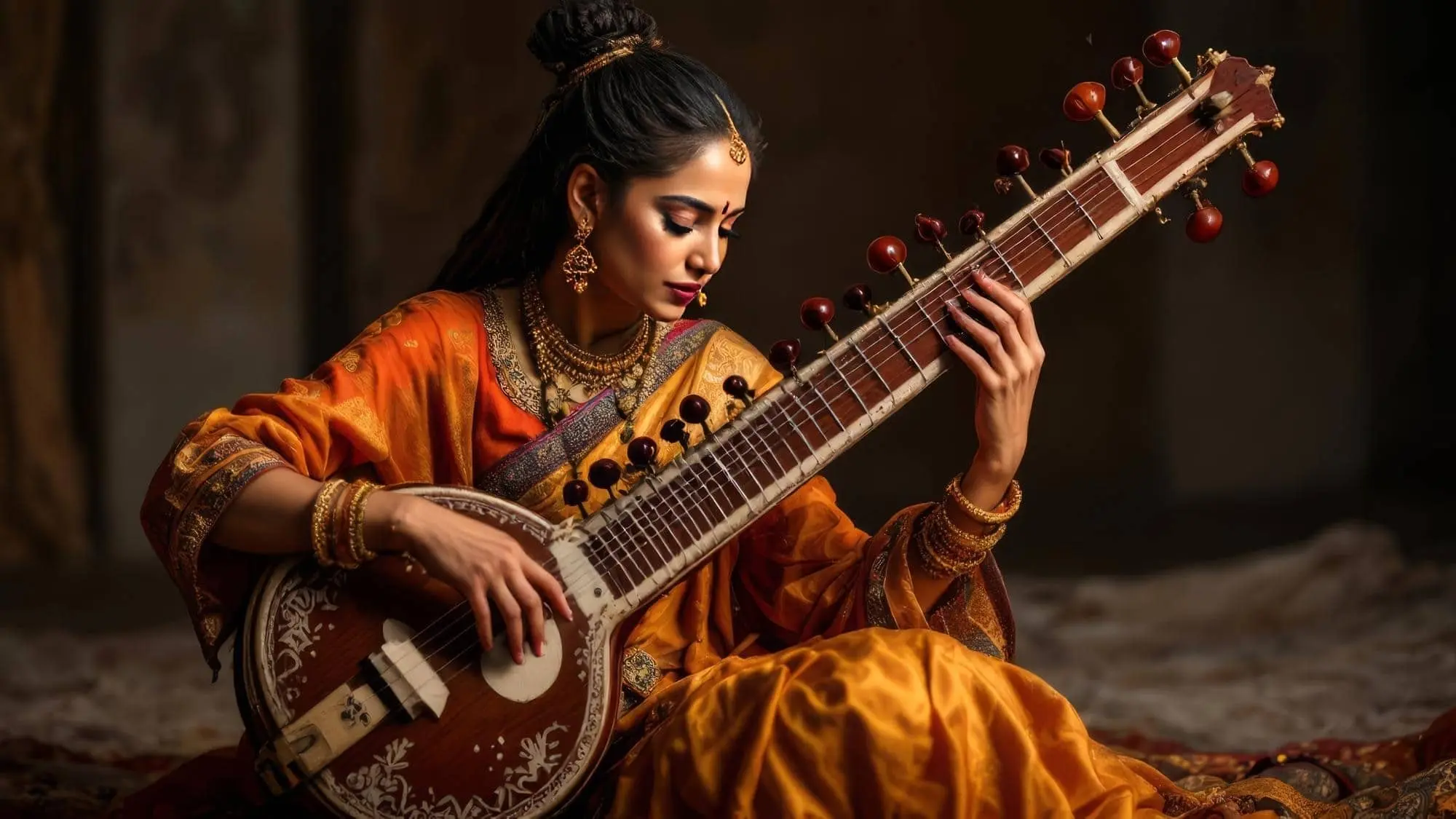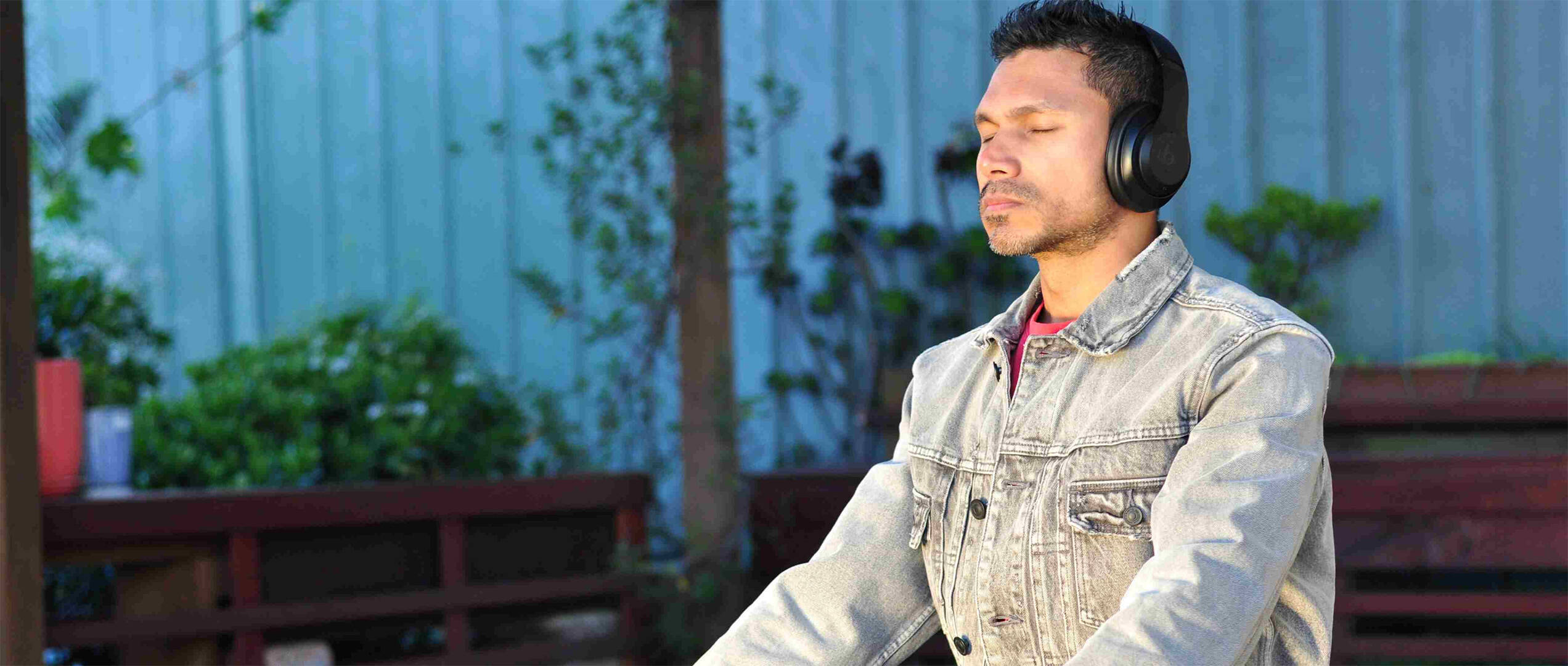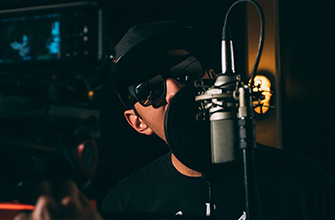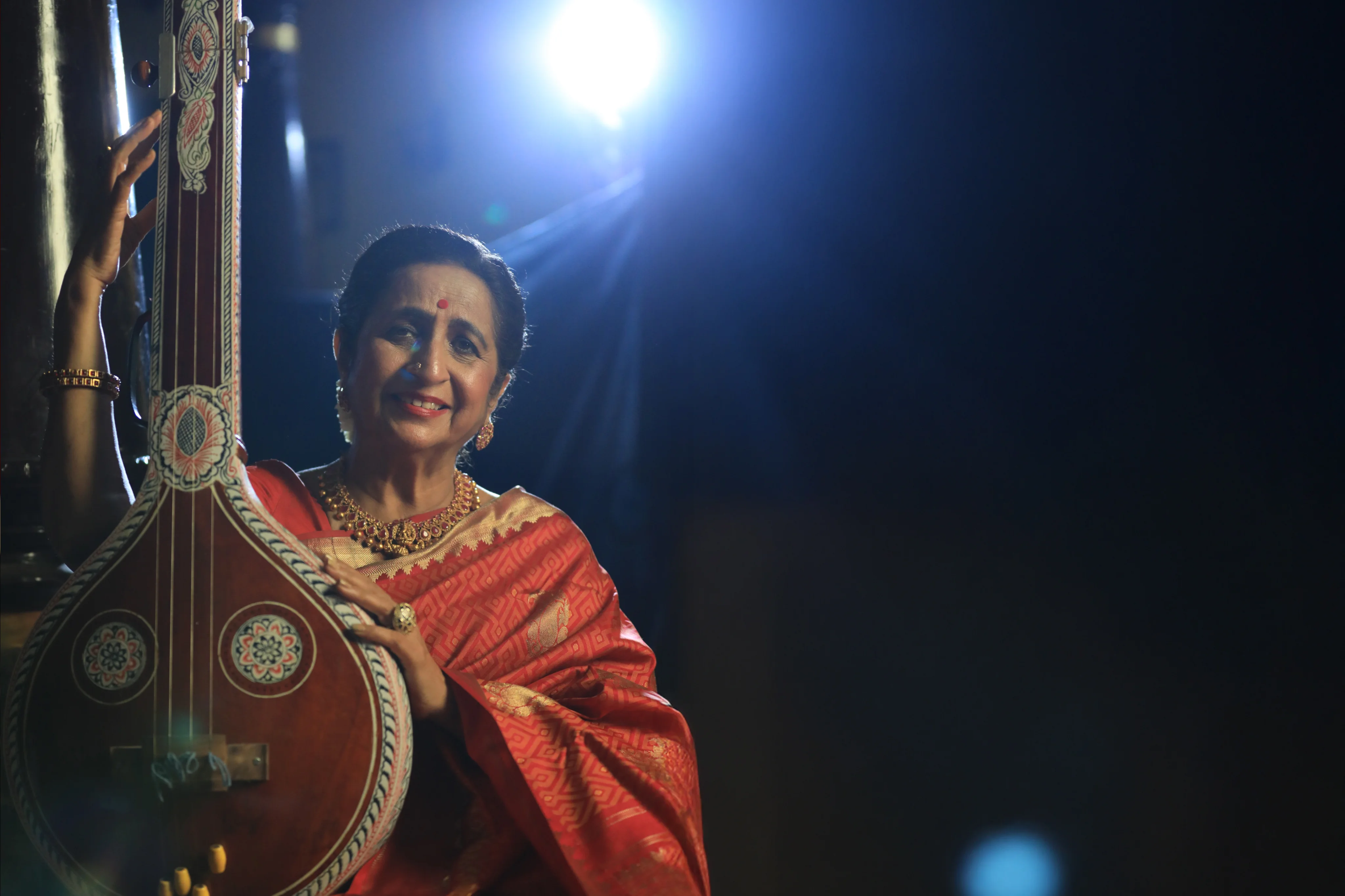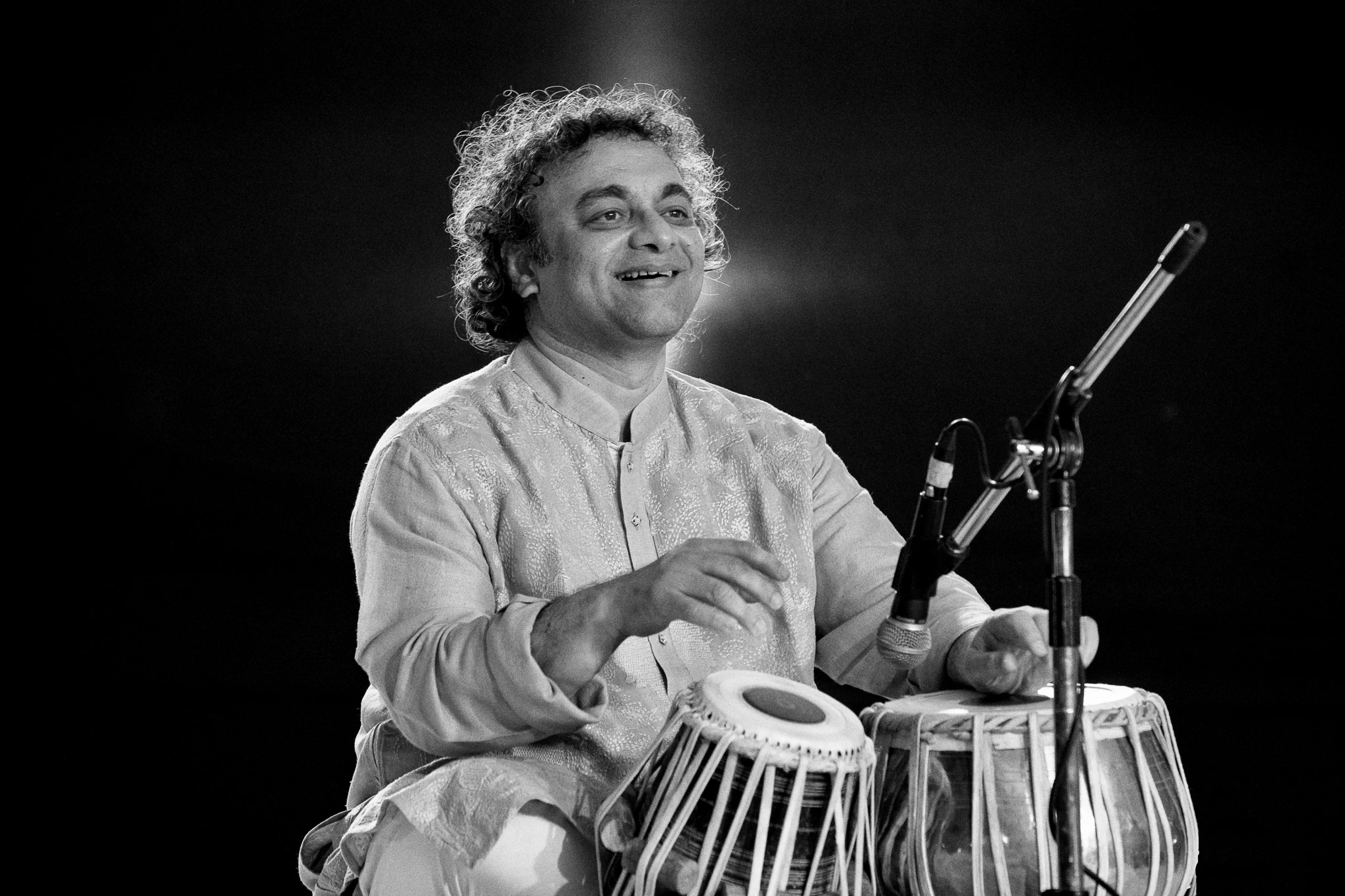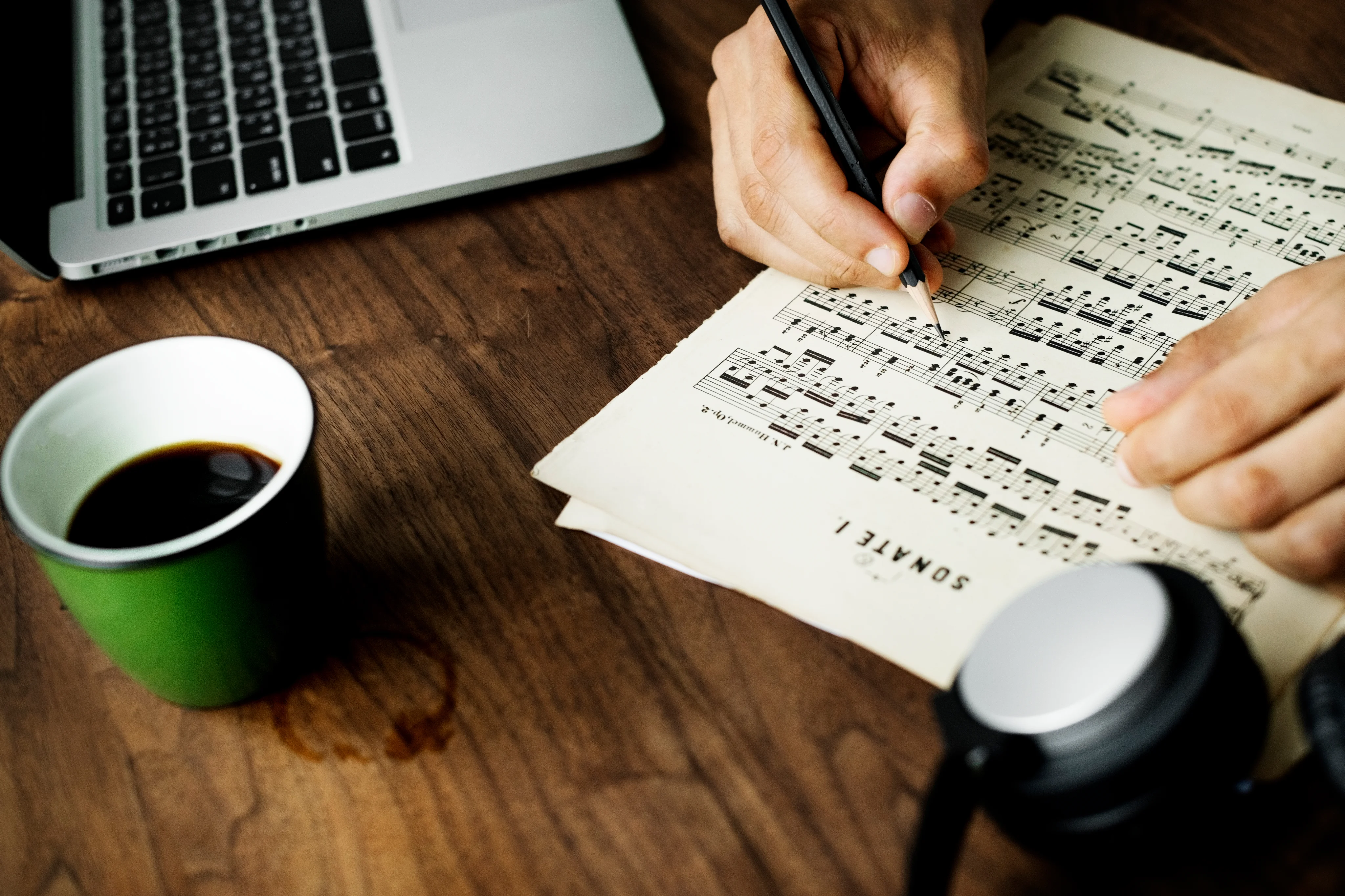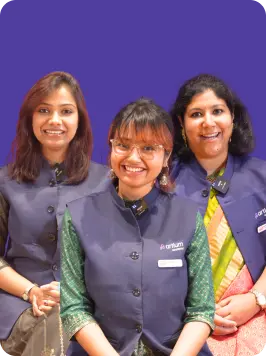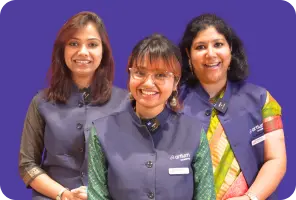Given the diversity of this land of cultures, there are numerous types of Indian music falling under the category of classical and semi-classical. Let’s take a look at various Hindu music types one should listen to at least once to add flavors to their music taste. It will also help budding musicians to decide which type of classical music online classes are best for their interests.
Indian Classical Music:
- Hindustani Music
Hindustani music is regarded as northern music. The music evolved during the Vedic period, when ancient religious hymns were sung, usually by the person playing the music. Hindustani is well-represented in Bollywood, which the Western world is more familiar with. Due to its popularity, there are numerous Hindustani classical music classes for music enthusiasts.
- Carnatic Music
Carnatic music originated in South India during the Vijayanagar Empire and dates back to the 14th century.
Despite its close proximity to Hindustani music, the music has less Persian and Asian influence and more Hindu origins due to its southern origin. Carnatic music has also been a major character in film music over the last century. With the availability of online Carnatic music classes, this Indian classical music form has gained popularity across India.
- Light Classical Music
There is also a wide variety of styles that are similar but milder under the category of Indian classical music. Chaiti, Natya Sangeet, Bhajan, Qawwali, Thumri, Kajri, Tappa, Dadra, and Ghazal are examples of “semi-classical” Indian music or “light classical” music.
Indian Folk Music:
- Bengali Folk Music
Tagore songs, also known as Rabindra Sangeet songs, are works of music written and composed by Rabindranath Tagore, a well-known Indian polymath and Nobel Prize winner. The music has distinct Bengali characteristics that are well received in both India and Bangladesh.
- Dandiya
Dandiya, also known as Raas, is a type of dance performed with sticks during the Navratri festival. It is popular in Gujarati culture and is mostly practiced in Gujarat. Traditional Indian music instruments, primarily drums, such as dhols, dhoklas, and tabla, are used in socio-religious folk music.
- Kalbelia of Rajasthan
Kalbeila’s cultural rituals are one of India’s most recognisable music and dance styles. It is also one of the most popular types of songs in India. Their songs and dances are a representation of the tribe’s identity and pride. Male participants typically play the music, while female participants typically dance to it. The dances and songs are designed to simulate the movement of a serpent.
Other Types of Indian Songs:
- Indian Pop Music
https://artiumacademy.com/course/online-hindi-film-music-classes (Sonu Nigam)
Although Indians are known to embrace their culture, pop music is quickly becoming the most popular genre in the country as a result of Bollywood films. The Indian adaptation of pop music is all about blending modern beats from around the world with Indian classical and folk music. Many classical singing classes Mumbai have a course for this form of music.
- Raga Rock
Raga rock is an Indian take on rock music. It has a strong Indian flavor. It incorporates elements from traditional Indian instruments while highlighting the Indian musical construction and beat. Raga rock emerged when many western rock bands used Indian classical music as inspiration for their music, which was popular in the late 1960s.
Anyone willing to learn classical music online has a plethora of options. One among the best ones is Artium Academy. Being a responsible online music education platform, we collaborated with renowned musicians from the Indian music industry. As a result, we have designed easy and effective courses for various forms of vocal and instrument lessons.
From teaching the basics of Pop Music to highlighting the depths of South Indian classical music; we have something to offer to all the budding musicians. As a responsible music tech company, we focus on delivering “Gold Standards” for global learners.
While Hindustani classical music course is prepared with inputs from Padam Shri recipient Shubha Mudgal, veteran singer Aruna Sairam has shared some significant insights in the creation of Karnataka classical music. The performance-based curriculum helps our students to learn the art of making music at their own pace.
To book a free trial class, visit our official website, and hit the “Book A Free Trial”. Fill your personal details, and the rest of the process of scheduling a trial class on the website is self-explanatory. Start the journey of learning, and keep practicing till the time you are ready to perform!

